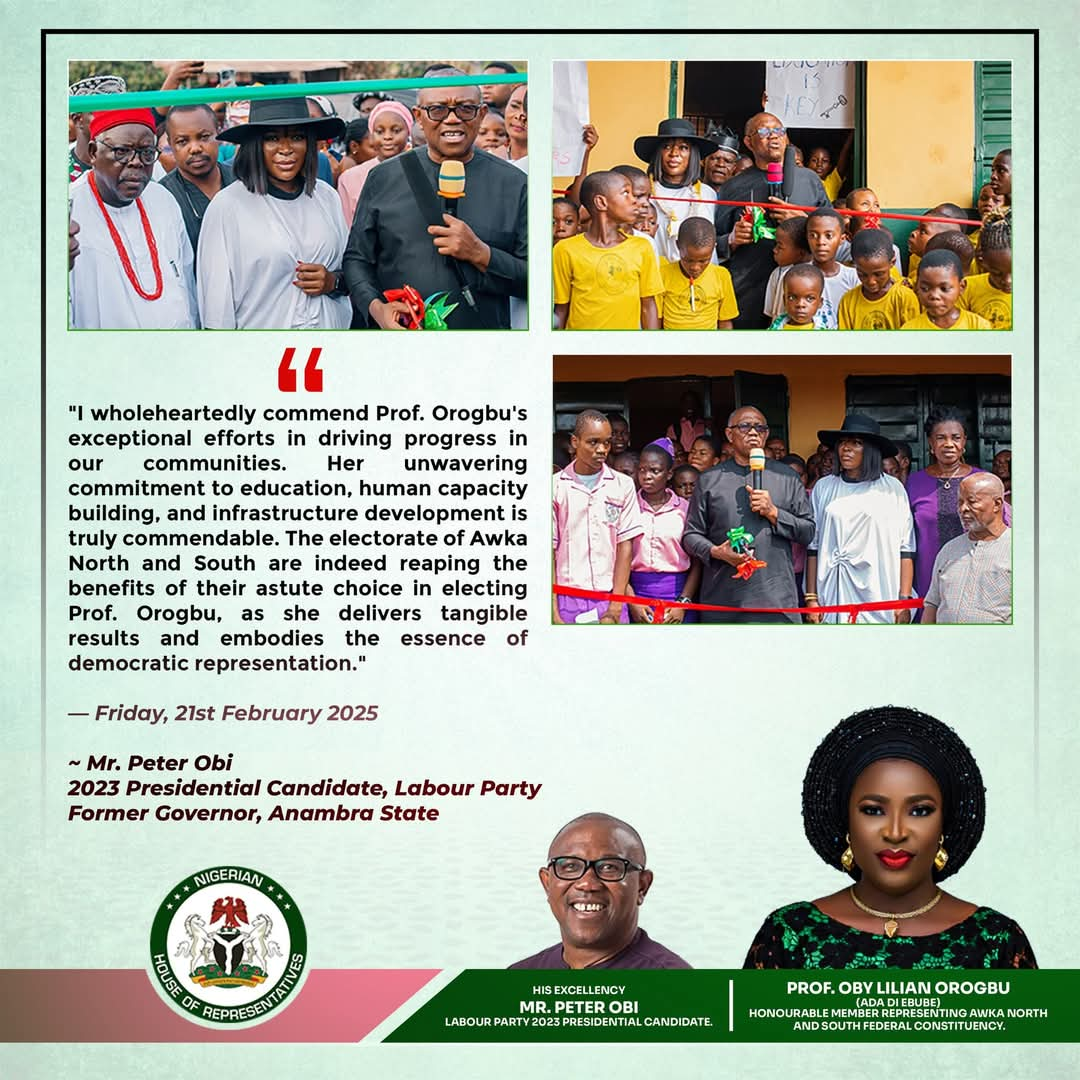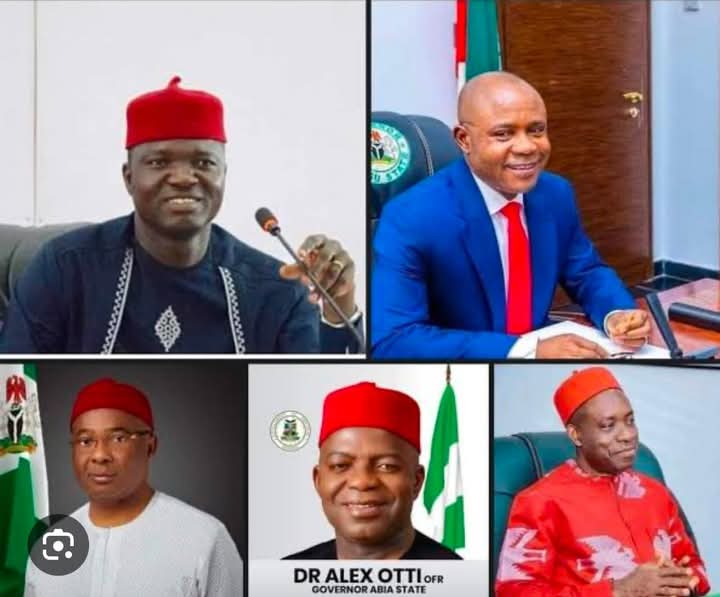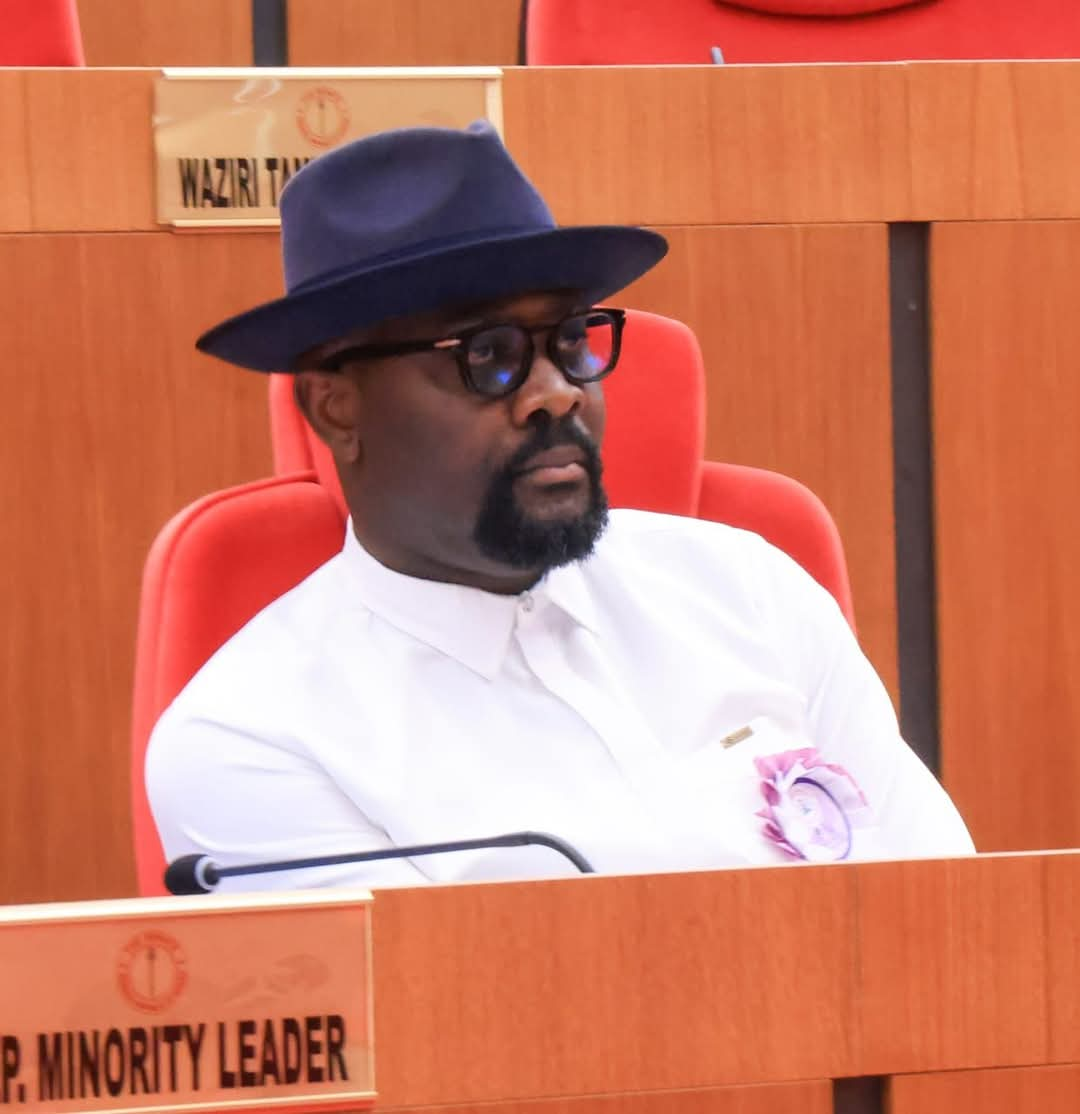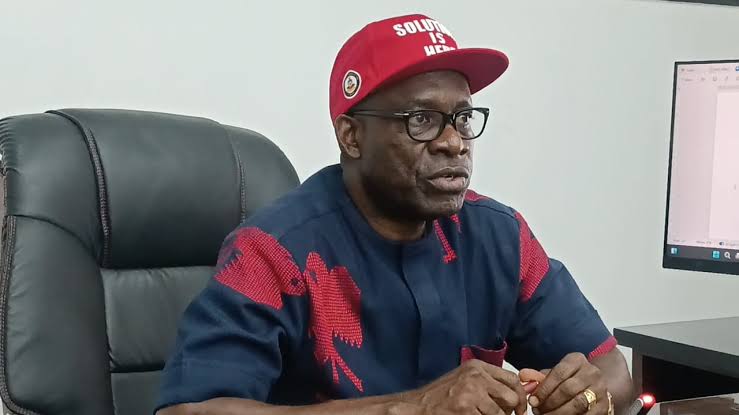Onyima and the true believer’s principle
By Onuorah Ndubuisi Godwin
In the sanctity of the sacred journey towards posterity, in the furnace of refinement to reshape and fine-tune societal political orientation towards egalitarian political society, there certainly must be true believers.
In his book The True Believer, Eric Hoffer said: “the True Believer is the mortal enemy of things-as-they are and he insists on sacrificing himself for a dream that seems impossible to attain”.
Suffice to say that the believer – not in the religious sense of the word – has always had a very rough passage through society.
Furthermore, the true believer is a misunderstood man; Probably a villain or hero. Maybe an opportunist in the borrowed robes of an altruist.
The mission of the believer is also often suspected; probably because he waves the flag of altruism and holds aloft the banner of the Courageous Defender of the public will. But society in its usual reluctance, sees a flag of altruism stained with the grease of a barely-disguised personal ambition. The ambition for self-recognition.
The pertinent submission, based on the foregoing is, therefore, that whether the true believer is debonair and independent-minded, handsome and impeccably groomed, erudite and exceptionally well-read, devout and genuinely moved to tears by the sufferings of his people caused by those stolen future and fortunes by vicious and ravenous, heartless cabal under the guise of ‘leadership and political representation’, he or she has been christened umezulike (‘infant mortality should cease’, in the Mgbowo dialect).
Therefore, Umezulike Onyima Njoku is pre-ordained a freedom-fighter by the council of heaven through providence.
Oppressors roar and tremble in their dens whenever they hear the name Hon. Prince Humphrey Umezulike Onyima Njoku in Enugu west of today.
A man who refuses vehemently to sit on the fence in any conflict, his pen is a wonderful weapon of ‘mass destruction’ with which he sinks a battalion of the strongest army.
It is no coincidence or wonder that the energetic and peaceful, youth-loving governor of Enugu State, His Excellency, Rt. Hon Ifeanyi Lawrence Ugwuanyi took interest in him and decided to bring him into the fold to be mentored with fatherly disposition, political nous and how to tactfully navigate his way through social and political mazes.
Onyima believes that sitting on the fences during conflicts means standing neither here nor there, which is not a pass-mark – because you could be fired from either side of the divide.
He has always anchored himself on the side of truth, equity, fairness and justice.
Armed with the boldness of his grandfather and the courage of his father, he believes an enemy can never be a friend and that there is nothing like a ‘friendly’ enemy. Good enough, he is hardly without friends and is deserving of loyalty, as he inspires it.
Onyima is a good example of a true believer and a model of an Igbo man admired by his mammoth followers, in the mould of the Isaac Ben Gurion, Ariel Sharon, Benjamin Netanyahu, Julius Nyerere, Kwame Nkrumah etc., back when they struck out as young people to speak out against injustice and ease the struggles of their people.
Must a believer be merely somebody who hankers after public recognition or adulation, fights for some special societal interests with the courage of personal convictions or a frustrated person who is merely in search of public sympathy?
The answers to the above and similar questions must surely vary from man to man and from society to society, because surely, there is no consensus on the places and roles of the believer in any given society.
As for Hoffer, he insisted that the believer is a frustrated man whose only mission is in making some remarkable meaning out of the emptiness of his own existence. He further argued that “it has to do with the burning convictions that we have a sacred duty towards others who, in most cases due to gullibility, misconstrue it to be a way of attaching our drowning selves to a passing raft”.
Take away our sacred duties and then you will find our lives puny and meaningless. There is no doubt that when we exchange a self-centered life for a selfless one, we become more esteemed in the eyes of the public.
I, therefore, ask again: Does it mean that vanity then informs the action/mission of the believer, the true strong defender of the public good against the monstrous injustices, evils of inequality and oppression? Even Napoleon Bonaparte believed it does. When he wrote on the French Revolution, he vividly pointed out that vanity is what made the revolution, whereas equality from the perspectives of the enemies of the French masses was merely a pretext.
Can the same be said to be true of a single man, probably a soldier who, perhaps, sacrifices himself for his dearly beloved country? For James Jones in the work, WW11, he asserted that “personal vanity and pride is and must always be an important factor in self-sacrifice for the safety of others, especially on the battlefield”.
Therefore, thank goodness for the believer. You can denigrate him or his mission as you may wish but it is pertinent to note that every society is always in dire need of the believer.
He may be a lost sheep or a lone wolf who may have strayed from the safety of the pack to contend with the dangerous and unpredictable life of the surreptitious lone ranger.
Whereas it is the lone ranger who insisted that he cannot accept the world with the top up, as a world with the right side up and this makes all the difference in every society.
He pokes society in the ribs and then provides the very essential ingredients without which society itself would fizzle out – life.
Frustration, rather than being the excuse for the mission of the believer, is, indeed, his motivator. In the positive sense, frustration leads to the rejection of what is and compels the believer to fight for what ought to be.
Frustration is not necessarily a licking of wounds or the nursing of a bruised ego in an isolated corner of the soul or mind and should not be seen through such lenses.
Take a cursory look at events around the globe in the past and in present day.
Many years ago, Nelson Mandela was incarcerated in prison because he was frustrated by the apartheid government of South Africa and he decided to fight against it. Today, thanks to his efforts and those of many others, that country is free because the apostles of apartheid are frustrated by the enormous social, political and economic problems which the obnoxious system have caused their country.
The Berlin Wall was brought down because it constituted a source of frustration for the Germans.
Communism, as a system of government, had to give way in Eastern Europe because the people became frustrated with such an economic and political system which shackles freedom.
Even here in Africa (Mali), the people’s army, inspired by the believer phenomenon,rose in defence of their country, because the political class constituted frustration to the collective social aspirations of the citizens.
In a nutshell, when a people’s frustration reaches boiling point, the believer must rise. There must certainly be an explosion and, then, it gives birth to a brand new society.











